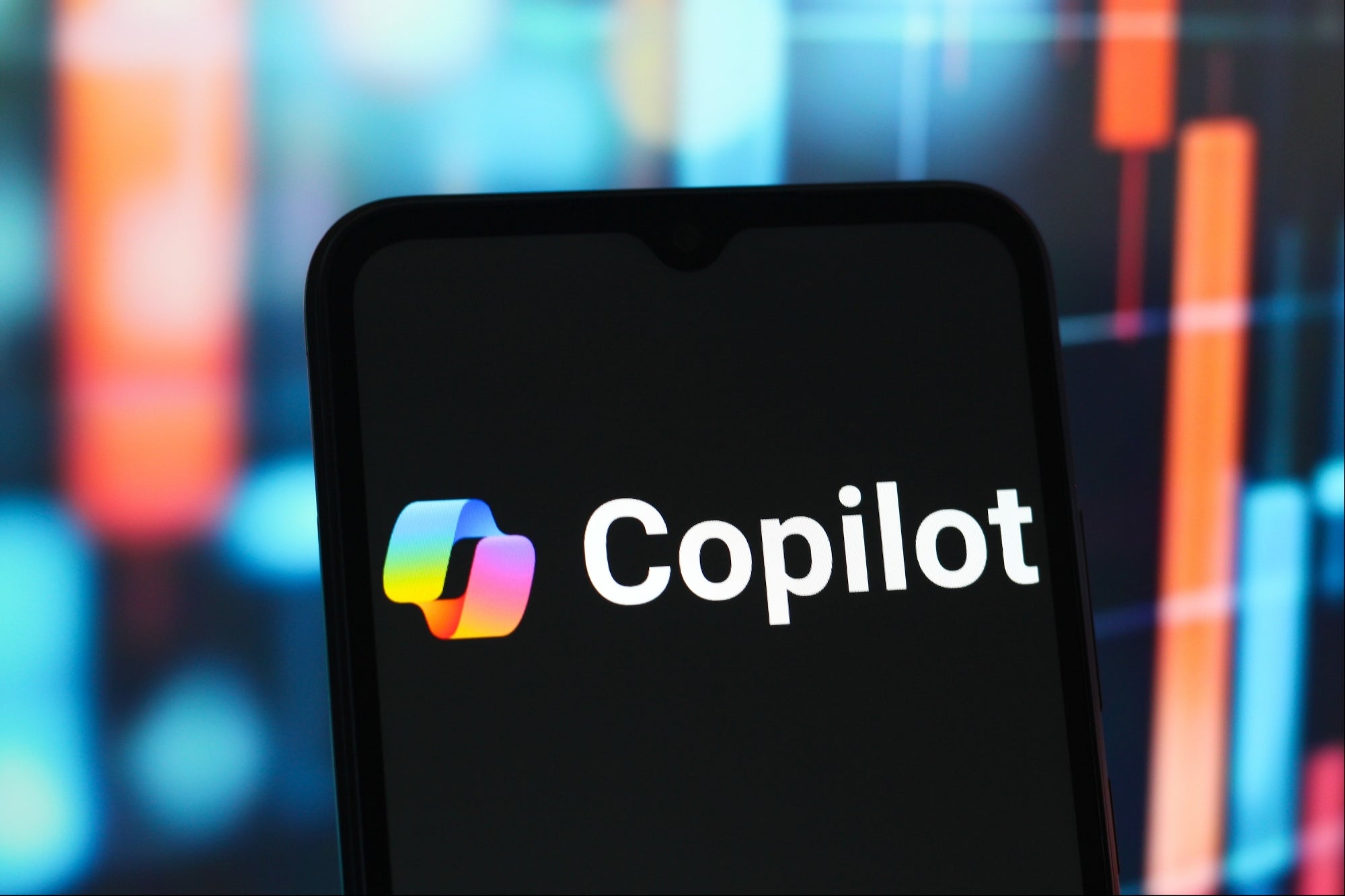Opinions expressed by Entrepreneur contributors are their own.
There is the old Russian proverb, “Trust, but verify,” made famous by a former president’s comment on a nuclear weapons treaty. To me, that particular verbiage signals a negative connotation, which is why I prefer the phrase “trust and verify.”
The desire to trust others remains an intricate part of business. Something within us wants to believe most, if not everything, that our employees, clients and vendors proclaim. However, one of the most valuable lessons learned in my 20-plus years as an entrepreneur involves verifying essential information that I instinctively want to trust.
Based on most guidelines, we are a small company. That means our senior staff devotes considerable resources to recruiting potential employees and marketing our services to what we believe will be profitable and long-term clients. Fortunately, most of these relationships create productive employees and profitable clients.
On the other hand, lies the reality that one poor hire or an underperforming account can hurt our bottom line. That’s precisely why it’s essential to verify key information before extending an employment offer or signing a contract with a client or vendor. While subjective, my new strategy delivers fewer disappointments and more revenue.
Related: Protect Your Company From Resume Fraud
Employment verification
Applicants often submit pristine resumes that highlight their incredible experience and accomplishments. I am fortunate that so many excellent candidates desire to work for my organization.
Yet, sometimes, that shining resume contains false, inaccurate or misleading information. An offer is extended and accepted, only to determine months later that the fantastic new hire did not or could not deliver.
Do you or your staff routinely confirm employment timelines, performance claims or educational levels? If not, I recommend you begin immediately. A 2024 survey referenced in HRO Today, a leading human resources website, found that over half of employees admitted to lying on a resume.
When discrepancies arise, ask the applicant to explain. Evaluating their reaction may offer insight into how they can handle pressure or difficult situations. Naturally, an outright fabrication doesn’t deserve a second chance. Move on and devote your efforts to finding employees who fit your needs and the organization’s culture.
Customer verification
The same holds true for clients and customers. You may spend months or years working on a list of prized prospects and finally land that big whale. Your team invested countless hours and valuable marketing dollars to deliver that sought-after signature. Then, the excitement may fade later when the prized account consistently fails to pay promptly or doesn’t provide the promised business.
Does someone on your team research prospects to confirm vital information regarding their reputation or financial solvency? How do their clients or customers rate the company?
We once fired a Fortune 100 company when their accounts receivable hit 180 days. Becoming a lender isn’t our forte, so severing the relationship made sense. Confirming our payment expectations can save both parties time and money.
Related: The 7-Step Guide To Finding the Right Clients and Avoiding the Ones Who Waste Your Time
Vendor verification
Verifying vendor information hits home with me. As a CEO, I devote significant time not only to staying informed about my industry but also to keeping up with trends to increase market share and revenue.
Some digital marketing firms I retained promised substantial website traffic or backlinks, but only provided dismal results and an expensive invoice. While some marketing strategies are subjective, performing due diligence on their claims and contacting other clients may have impacted our decision process.
No one can argue that artificial intelligence remains a growing tool for both businesses and consumers. For example, hiring qualified human transcriptionists (labor cost) is our most significant expense. Does it make sense to employ AI platforms to transcribe client files and possibly reduce labor costs?
To answer that question, I wanted to measure the accuracy rates of companies that offered AI transcription services against experienced and qualified human transcriptionists. Keep in mind that we strive for and guarantee a 99% accuracy rate. Can the great AI machines match or exceed such a high goal?
The answer is no. For this exercise, we gathered 14 files from various industries, ranging from a single speaker (a short monologue) to a board meeting with more than 20 speakers, and compared accuracy percentages from the first 500 words. The mean average for AI transcription came in at just below 62%, compared to the 99% accuracy rate of human transcriptionists.
Will advancements in AI technology eventually generate a 99% accuracy rate? Maybe. However, humans still maintain an accuracy edge when handling complex cases where human knowledge and expertise are crucial.
Related: Authentication Technology Is Shaping Vendor-Partner Verification And On-boarding
Trust is given and earned
Employing verification practices makes good business sense. However, don’t forget that trust remains a vital part of our business practices. I want my employees, clients and vendors to trust me, so I extend the same courtesy to them.
It bothers me when I see companies within my industry make false or misleading claims. That’s why I’m careful how I position our services. I not only want my clients to trust me, but I also encourage them to verify my capabilities. Confirming my ability and promises to perform only builds more trust and, hopefully, more long-term and profitable relationships.
Make time to review your verification practices or implement some guidelines. Verifying information also provides valuable insight into a variety of subjects that should benefit your own business practices.
Trust will always remain a critical part of our world’s business culture. Implementing a “trust and verify” strategy within your organization benefits everyone. Do employees, customers and vendors trust your organization?
There is the old Russian proverb, “Trust, but verify,” made famous by a former president’s comment on a nuclear weapons treaty. To me, that particular verbiage signals a negative connotation, which is why I prefer the phrase “trust and verify.”
The desire to trust others remains an intricate part of business. Something within us wants to believe most, if not everything, that our employees, clients and vendors proclaim. However, one of the most valuable lessons learned in my 20-plus years as an entrepreneur involves verifying essential information that I instinctively want to trust.
Based on most guidelines, we are a small company. That means our senior staff devotes considerable resources to recruiting potential employees and marketing our services to what we believe will be profitable and long-term clients. Fortunately, most of these relationships create productive employees and profitable clients.
The rest of this article is locked.
Join Entrepreneur+ today for access.







